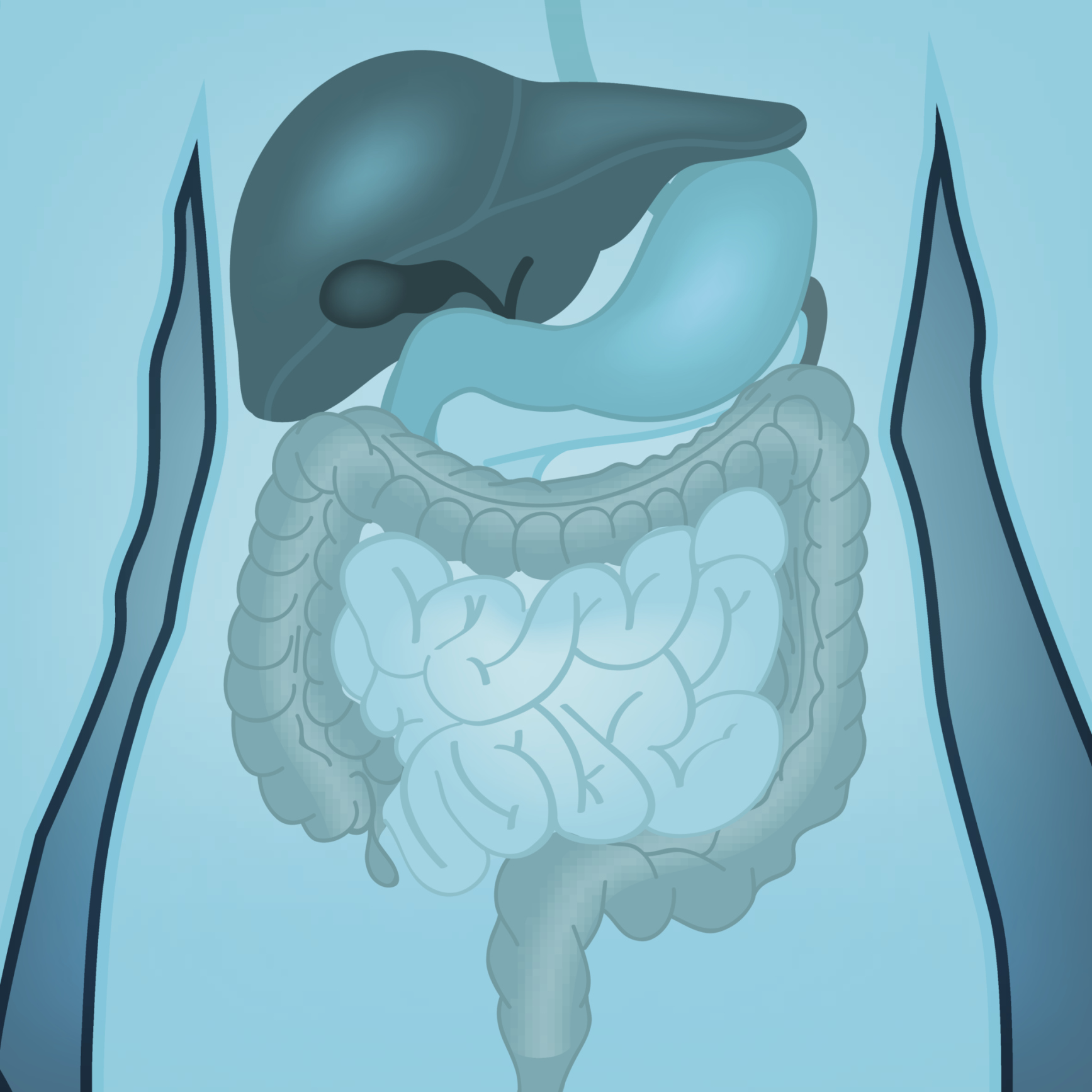A recent study, led by Dr. Andrew S. Neish from the Department of Pathology and Laboratory Medicine at Emory University School of Medicine in Atlanta, found that Akkermansia muciniphila and other anaerobic bacteria may promote gut healing in mice.
Until now, the role of the gut microbiota in the wound healing process has not been investigated. The researchers used a mouse endoscope-wounding model to induce a controlled and uniform lesion in the colonic mucosa of wild-type mice without associated harmful effects. Between two and four days post-injury, the abundance of anaerobic bacteria, in particular Akkermansia spp., increased in early regenerative mucosa. The hypoxic wound environment appeared to be the result of an influx of neutrophils, immune cells that respond to the injury by consuming the oxygen. Akkermansia spp. promoted intestinal healing and wound closure by triggering the murine intestinal cells to produce reactive oxygen species. These findings emphasize the importance of local changes in gut microbiota in injury and repairing breaches.
To investigate whether Akkermansia spp. directly influenced intestinal wound healing, colonic mucosal resealing was assessed following intrarectal administration of exogenous Akkermansia muciniphila. After six days of treatment, wild-type mice treated with A. muciniphila showed superior wound closure compared with wild-type control mice; the bacteria later dissipated as the wound repaired.
“Members of Akkermansia and other wound-associated anaerobic bacteria could be explored as therapeutic approaches to wound healing for conditions such as inflammatory bowel disease”, explains author Andrew Neish.
Reference:
Alam A, Leoni G, Quiros M, et al. The microenvironment of injured murine gut elicits a local pro-restitutive microbiota. Nature Microbiology. 2016; 1(2):15021. doi:10.1038/nmicrobiol.2015.21.


